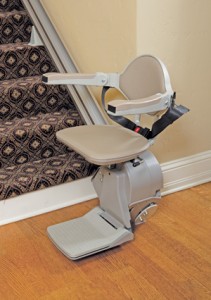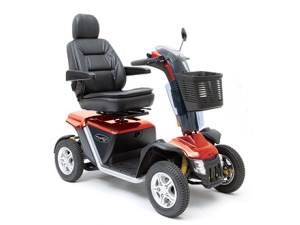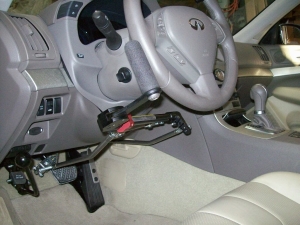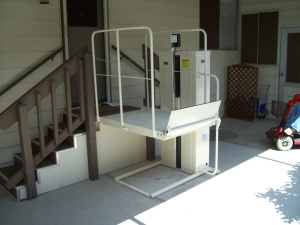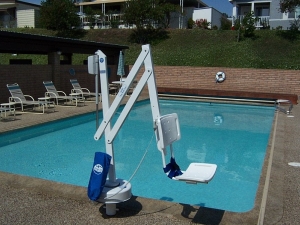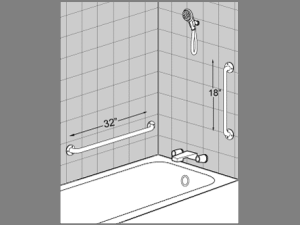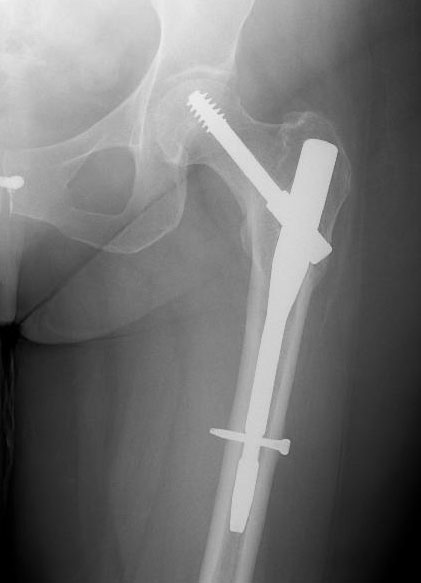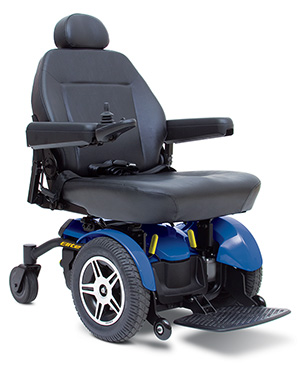A recent news article tells a touching story about an elderly mother and her only daughter. The older woman lives in a second floor apartment and the daughter, some miles away. Anna, the mom, is a frail Alzheimer’s patient who cannot navigate the stairs to come down to the ground floor. The daughter, Michelle, suffers from multiple sclerosis and is wheelchair-bound. She can’t climb up the stairs to visit her mother. They can still chat on the phone, but they can’t hold hands or talk face to face.
How different life could be for these two women if there was a permanent and safe way for one to go up – or the other to come down. How sad that illness and incapacitation has become such a barrier to their need to spend time together. The story is a poignant reminder that, for some, even a short flight of stairs can be a distance greater than miles.
In the case of these two loving relatives there was a happy, if all too brief, ending to the story, when a local charitable organization paid for one ambulette visit, so that Michelle, who had to be carried upstairs in her wheelchair by two strong men, could spend a few hours with her mom. The bad news, of course, was that it was a one-time only event.
Options for Going Up and Coming Down
The good news is that, for many others who face a similar challenge of going up and coming down in their own homes, there are options that can bridge the distance between floors. They include: stairlifts, platform lifts and elevators. Depending on your needs, your physical condition, your home layout, and your budget, one of these devices may be the answer to your in-home mobility problems.
stairlifts – A stairlift is essentially a seat that is attached to a rail or track which is attached to the stairs, themselves, or the wall beside them. It is a good option for a person who can walk, but cannot manage ascending or descending stairs, for any reason. It’s the least expensive option, with the cost of buying and installing one, around $3,000 to $4,000 (more, of course, if the staircase is longer than usual or curved.) It requires that least amount of home modification, but it is not always suitable for people with advanced mobility needs.
Wheelchair Platform Lifts – There are two basic types of wheelchair lifts: inclined and vertical. An inclined wheelchair lift is similar to a chair lift, except that instead of a chair attached to the stair glide, there is a platform that can accommodate a wheelchair. Because it is bigger than a chair lift, it requires more space – a staircase that is, at least, 36 inches wide. It’s also slightly more expensive than a regular chair lift due to its enhanced load capacity.
A vertical wheelchair platform lift is like a small elevator, in that it goes straight up and down. It can be designed to take its user from one floor to another or just a few feet – wherever an inclined wheelchair lift is unsuitable. Unlike an elevator, it doesn’t have a shaft, so it doesn’t require a major home renovation. Platform lifts cost from $3,500 to $5,500 plus installation.
Elevators – An in-home elevator is the most versatile alternative for someone who needs to travel between floors in a wheelchair, and may also want the ability to carry other objects such as medical equipment, or be accompanied by another rider. Because it’s enclosed, it’s also the most aesthetically pleasing among all the options.
However, an elevator is also the most expensive choice and can run between $15,000 and $20,000, when you factor in the cost of the unit, itself, and the necessary structural renovations to your home. It is only an option in a building that has adequate space for a shaft and the requisite machinery to run it.
Consider the Alternatives
Before deciding on the best option, you need to consider all of the alternatives, and then choose the option that fits your needs, your home, and your budget. At Pacific Mobility Center, we can help you make the most appropriate choice for you and your loved ones. It’s part of our promise to “Keep You Moving.”
President, Husband, Father, Grandfather Graduate of UC Davis- Bio Sci Major- Go Aggies! Jeff has extensive experience in all of Pacific Mobility’s products and services, and specializes in accessibility products as well as stairlifts, ceiling lifts and custom wheel chairs. His hobbies include spending time with family, gardening, mountain biking, exercising and off road motorcycle riding.
24 years as Owner/President of Pacific Mobility Center – selling, installing, and servicing stairlifts, porch lifts, ceiling lifts, pool lifts, handicap ramping, specialty wheelchairs, scooters, power wheel chairs, and other power mobility devices
Certified Environmental Access Consultant since 2008
Licensed General Contractor since 1998
Certified Aging in Place Specialist since 2016
Board Member for Home Access Professionals
Member of Association of Members of the Accessibility Equipment Industry (AEMA)
